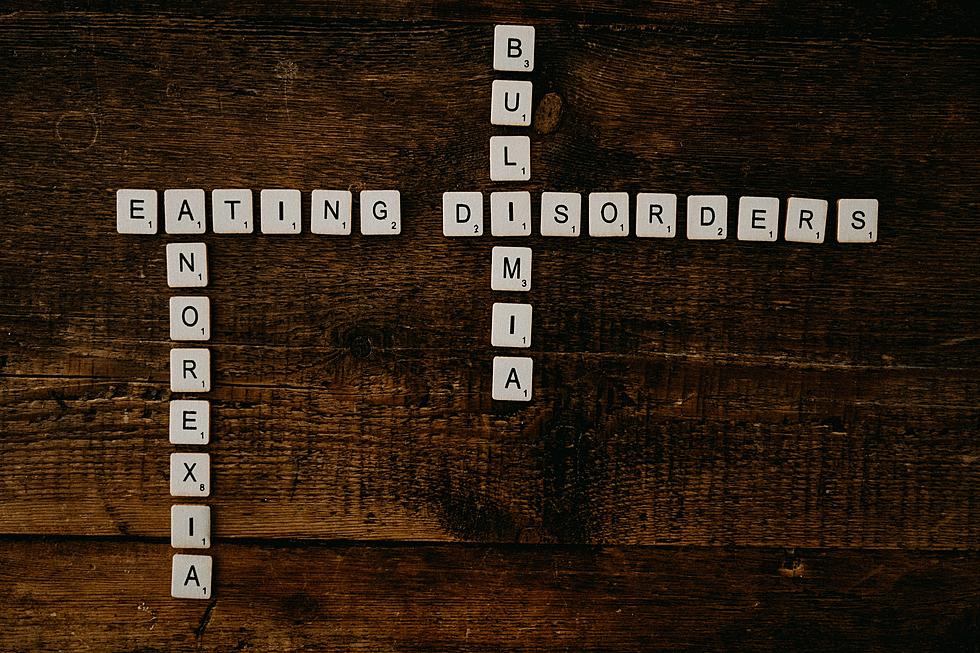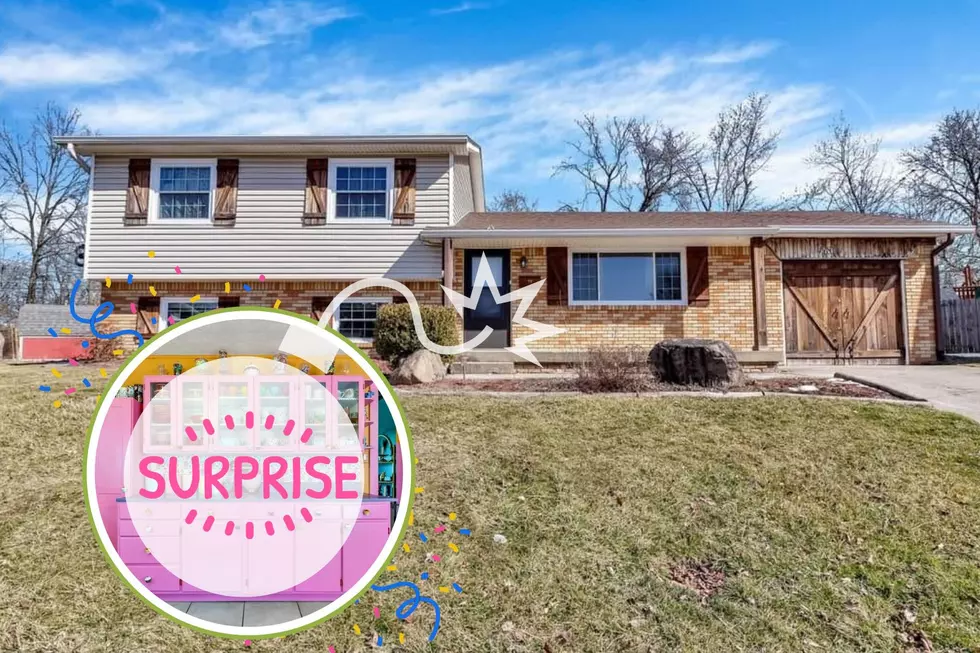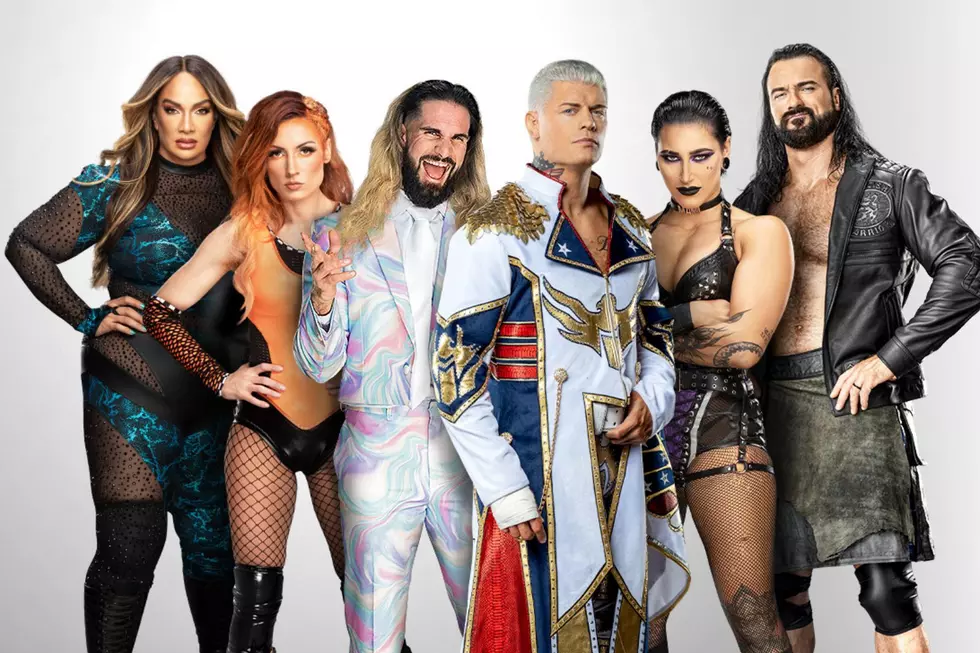
Owensboro Support Group Shares 9 Red Flags of Eating Disorders
Just a few weeks ago, I learned that someone that I know has a teenage daughter who has developed an eating disorder. It got serious. Quickly. The young lady lost immense amounts of weight and that rapid decline caused her other, almost immediate physiological issues. Her hair starting falling out in chunks. Though she had become an expert in masking her rapid weight loss with baggy clothes, there was no hiding the fact that the significant weight loss was causing her body to rage against itself. The side-by-side photos, of this child from five months ago to now, are startling. She's barely recognizable.
Fortunately, I was able to call a friend of mine, who works in psychiatric clinical care locally, and arrange for an almost immediate appointment and intervention. My friend was watching her daughter waste away, but was unable to fully understand why it was happening and what to do about it. My friend isn't alone. Neither is her daughter. If I'm describing you, neither are you.
It's estimated that 900,000 Kentuckians suffer from an eating disorder. Thousands of those Kentuckians are considered "critical." Those thousands of people, if they don't get proper treatment for what is a savage psychological issue, may not make it. Eating disorders constitute a critical taboo issue in the Commonwealth. People don't like to talk about them. But, as unpleasant as it can be, we have to.
This is National Eating Disorder Awareness Week and we are teaming up with Aubrey's Song to share some important information with you.
Aubrey's Song, by the way, is an Owensboro-based nonprofit whose mission is simple: To raise awareness of eating disorders by promoting prevention and positive body image, providing professional and community education and developing local resources for treatment.
Aubrey's Song just announced it's launching a much-needed Eating Disorder Family Support Group. The first meeting of that group is scheduled for Thursday, February 24th from 5:30pm to 7pm at The Logsdon Center in Owensboro.
The goal of this support group is to provide emotional support for the families of loved ones in recovery from eating disorders. It, however, is NOT designed for loved ones diagnosed with or in recovery from an eating disorder.
If you are interested in attending, you're asked to call 270-852-6514 for more information or to reserve your space. The first meeting will feature shares from a parent who has lived the experience of supporting a child with an eating disorder.
Carolyn Ferber, Aubrey's Song Executive Director, joined the WBKR morning show this week to talk about the new support group and its potential for helping family members (and themselves) navigate recovery and gain the knowledge and understanding of eating disorders.
As part of National Eating Disorder Awareness Week, Aubrey's Song also shared a list of red flags to watch out for. These are the signs that someone close to you may have developed an eating disorder and needs help immediately.
THE 9 RED FLAGS OF AN EATING DISORDER
1) Skips meals or makes excuses for not eating
2) Withdraws from social activities
3) Persistently worries about being fat or talks of losing weight
4) Repeatedly eats large amounts of sweets or high fat foods
5) Uses dietary supplements for weight loss
6) Excessively exercises
7) Leaves during or immediately after a meal to use the toilet
8) Expresses disgust or shame about eating habits
9) Regularly wears baggy clothing

Carolyn Ferber discussed these red flags in detail and shared what to do if you suspect that someone close to you has an eating disorder.
If you'd like more information about Aubrey's Song and the services they provide, you can visit their official website. Or you can email at info@aubreyssong.org.
Please remember- early intervention is the key to recovering from eating disorders. And, remember this as well, you are not alone.
Answers to 25 common COVID-19 vaccine questions
More From WDKS-FM









